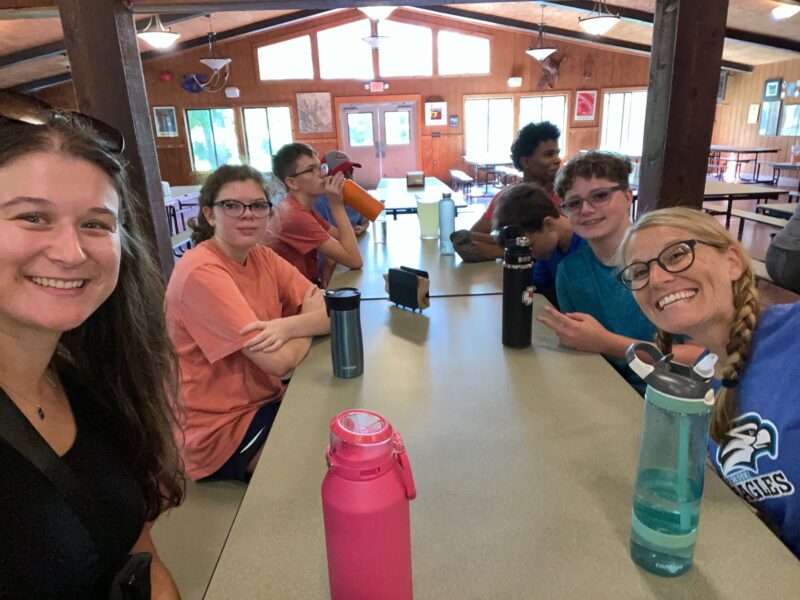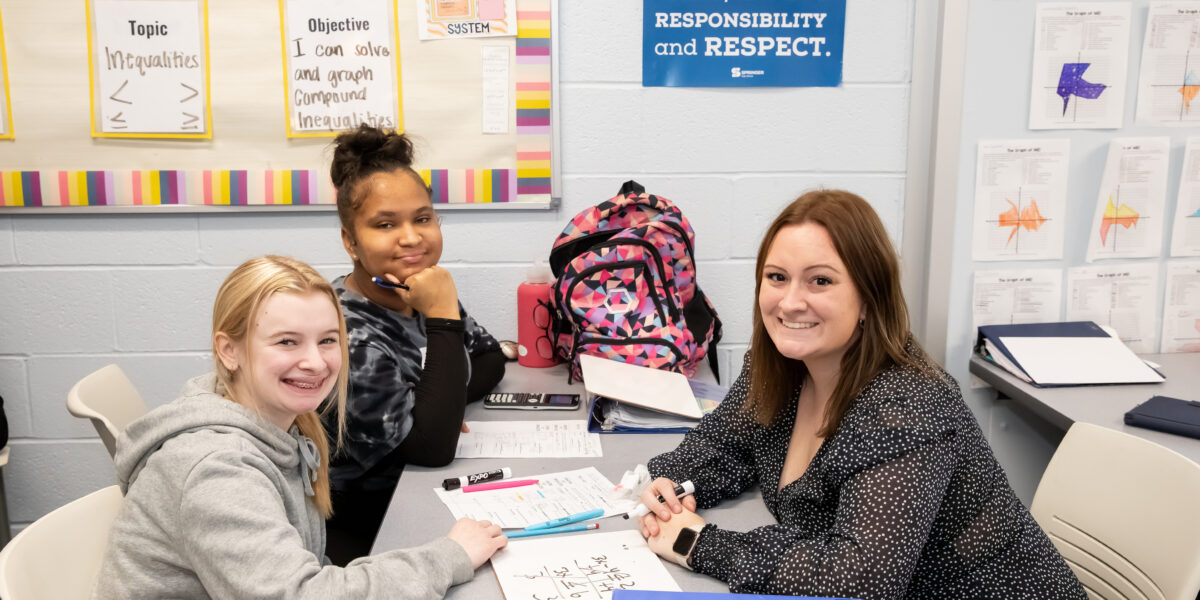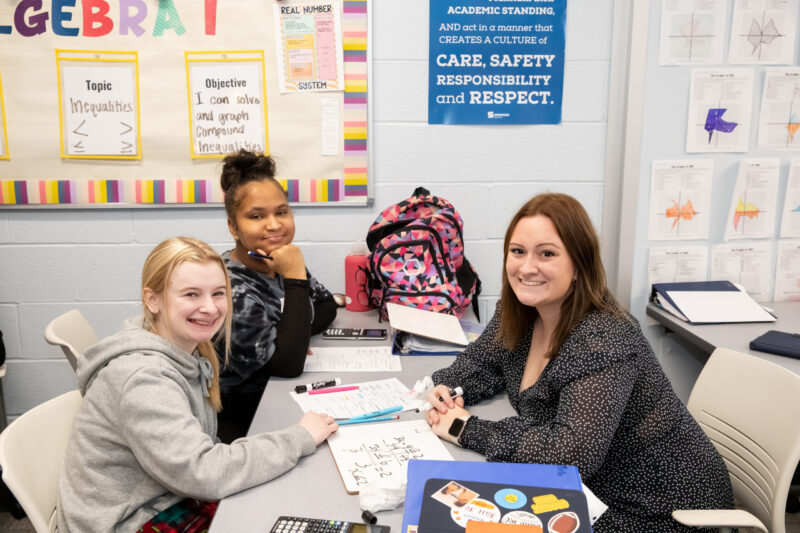
Summer Jobs: How Does ADHD Factor in?
February 13, 2024
ADHD Routines for Success
February 29, 2024
There are countless resources out there that provide students with strategies and tactics that can help them become successful.
Many institutions of higher education like Purdue University, Oregon State University and UNC Chapel Hill are rich with resources that help students find ways to be successful. Springer prides itself on being research-based, and today I am happy to share highlights of strategies outlined by Princeton University for their students, which can help high school and college students set themselves up to be successful!
Know Yourself
Acknowledge your habits and where you can make improvements to be more productive. Make sure that you are utilizing time to study when your neurons are firing on all cylinders and your brain is working at full capacity. Eat nutritious meals, hydrate, and be sure you are getting good rest. You can track all of this and reflect on your habits. If you need to make improvements, problem solve and try one small change at a time. BJ Fogg, in Tiny Habits: The Small Changes that Change Everything, discusses that starting small helps with long lasting changes.
Just remember: setbacks may happen. Remember after a bad day, start anew and give yourself grace.
Manage your time and attention
Set a timer for uninterrupted work time. Identify your reward for when the timer goes off (reward yourself with candy, scroll through social media, play a quick round of a game, etc.) and set a timer for that too! When you jump back into studying, be present. Turn off distractions by setting aside your devices and turning off your notifications. Tell those around you that you will be busy and ask them to give you 40 minutes to get your work done and you’ll check in with them on your break.
Review within 24 hours
Review information within a day of learning it, otherwise, you may lose 50% of what you learned. Reviewing helps you commit the information to long term memory for future retrieval. Review can be in the form of rewriting your notes neatly, creating graphics to aid memory, or putting the information into your own words.
Jump in
Tackle an assignment right away. Get started on the task even if it is brainstorming or looking at planning the tasks of a project. The longer you put things off, the larger they become. Stop looking at the elephant and avoiding it. There are far too many researchers who note that we begin a daunting task by taking one bite at a time. If it is still too daunting, ask your teacher for help on how to take the first bite.

Use your Resources
Make use of all of the resources around you. There are people, places, and things that are designed and proven to help you be successful. Utilize the people who are knowledgeable, your peers who can mutually benefit, and opportunities/tools that offer help.
Locally, Springer’s summer courses are a great way to help high school and college students increase confidence and build skills. Learn more at Springer-LD.org/summer or contact our Family Outreach Coordinator to discuss more about how Springer can support you in your journey.
Works Consulted: (Great resources for you to check out, too!)
Fogg, B.J. (2020). Tiny Habits: The Small Changes that Change Everything. Boston: Houghton Mifflin Harcourt.
The McGraw Center for Teaching and Learning. Princeton University. Retrieved from https://mcgraw.princeton.edu/undergraduates/resources/resource-library/7-strategies-for-success
Guest Blogger Julie Marcoux is the Assistant Director of Springer High School. She has held roles such as child development specialist, master teacher, and learning specialist in schools across the country. Just before joining Springer she was an academic coach at the collegiate level. She shares her expertise on helping students develop habits and skills that will serve them through high school, college and beyond.



